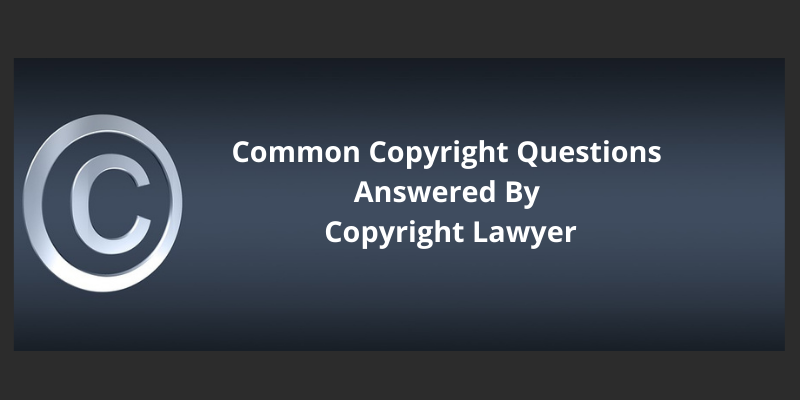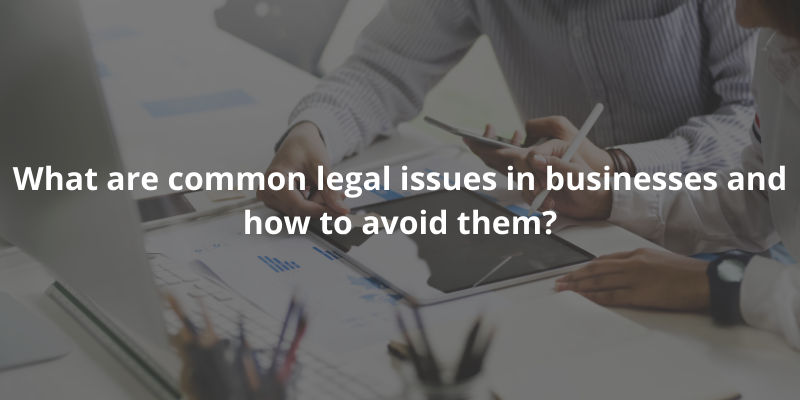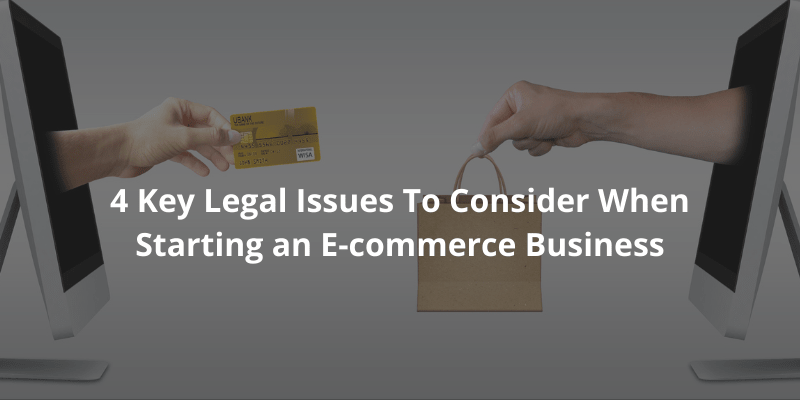Terms and Conditions & Subscription Agreement


The information below relates to online terms and conditions for websites and mobile applications. For standard terms and conditions relating to the sale and purchase of physical goods or the provision of service, please refer to the information under the section "Commercial / Marketing".
A terms and conditions agreement is a legal contract between the company that owns and operates the website or mobile application and users who visit your website and mobile application. An agreement with terms and conditions is entirely optional and not required by law. However, most websites and mobile applications have them to protect the owner and operator from liabilities. Terms and conditions are also known as Terms of Service or Terms of Use.
Terms and conditions are usually worded to reduce the risks of the website owner/operator and exclude them from all liabilities from use. The terms are very one-sided which users must agree to before they can use the website/mobile application. These usually include terms governing:
User interaction with the website - rules relating to sign up, subscription, payment, and any restrictions of use.;
Intellectual property rights - reserve the copyright, trademark, and all other intellectual property rights of the service provider, providing a license to/from the user in relation to the content of the website / mobile application if necessary;
Third-party content - not responsible for any users created content and any third-party links, including any infringement of intellectual property right of any third parties;
Right to terminate - the service provider has the right to terminate and disallow the user from using the service at any time;
Risk Disclosures - disclose to the users the risk of using the site, including risks relating to privacy and payment.
Applicable Law - normally the applicable law is the location of the service provider of the website and mobile application. One will also need to comply with local law requirements.
The usual complaint of online Terms and Conditions is that there are pages and pages of tiny fonts on the screen that no one will ever read. 99% of the people will just click to agree "to abide by the terms of conditions" in order to use the website, mobile application, or make an online purchase. Most users do not know what rules they have agreed to abide by.
Whether one register on the website or service, download an application, or make an online purchase, clicking the "Accept Terms and Conditions" button is legally binding. There is no exemption for not bothering to read the terms and conditions because they are too long or too legalistic. Any exclusion of negligence liability for personal injury by businesses may be prohibited by the local Unfair Contract Terms law, otherwise online terms and conditions would generally be enforceable.
In the past, there were some common law cases relating to parking tickets, where clauses included as fine prints cannot be incorporated as terms of a contract after it has been concluded. However, these case laws should not apply to online terms and conditions so long as:
If you have users from the Europen Union, it is essential that you have a privacy policy that complies with the General Data Protection Regulation ("GDPR"). Even if you don't have users from the European Union, it would still be good for a Website / Application that collects personal data to have a Privacy Policy for the purpose of ensuring that:
There are certainly other legal documents, policies, and information a website/mobile application should include to clearly stipulate the rights and liabilities of users. The following are the more commonly used legal documents and policies:
| Documents | Descriptions |
|
Terms and Conditions of Service; User / Subscriber Agreement |
Standard terms and conditions of service for Website or APP. Alternately this can also be drafted as a User/ Subscriber Agreement. Deemed Acceptance by using the service. |
|
Trial Terms and Conditions of Use |
If there is a trial period of the service, the document sets out the terms that govern a trial user’s access to and use of the service. It will expire upon the expiry of the trial period. |
|
Privacy Policy |
Privacy Policy is a must if you obtain Personal Data or Personally-Identifying Information from users. If you have European users, GDPR wordings must be included. |
|
Refund Policy |
A refund Policy is required where you take fees from the users in return for products and services. Certain jurisdictions require a refund policy where the products/services are paid for in advance. |
| Photo and Video Policy |
A photo and Video Policy is required where you allow users to upload their own photos and videos onto your Website / App. You will want to ensure that you are not liable for any copyright infringement or inappropriate content. |
| Third-Party Legal Notices |
If you are also using third-party software/materials/contents / App, you should also include notification of their license terms by including links to them. |
| Claims of Copyright Infringement |
If you allow users to upload users generated content, you should allow copyright holders to inform you separately on claims of copyright infringement to remove them (rather than having them sue you). |
| Copyright Wording |
Standard wording to assert copyright on the website and app (codes and contents). Copyright automatically arises upon creation and it is not necessary to register. |
| Disclaimers |
Disclaimers disclaim potential liabilities arising from specific points (in particular liability that fall outside your Terms & Conditions agreement). |
You may also want to add a link "Legal Info" to the bottom of every page of your site which summarises the legal information to your website/app below:
© [COMPANY]. All rights reserved. [SERVICE] and [List of other logos/trademarks] are trademarks and/or registered trademarks of [COMPANY]. All other trademarks are property of their respective owners.
Click [insert link to terms of use] for information.
Click [insert a link to trial terms of use] for information.
Click [insert a link to privacy policy] for information.
Click [insert a link to refund policy] for information.
Click [insert a link to video policy] for information.
Click [insert a link to disclaimers] for information.
[COMPANY] and other products/services distributed via [SERVICE_NAME] use certain third-party materials that require notifications about their license terms. You can find a list of these notifications in the file called [Name of the file] distributed with the website for a particular product/service.
[COMPANY] respects the intellectual property rights of others, and we ask that everyone using our internet sites and services do the same. Anyone who believes that their work has been reproduced on one of our internet sites or services in a way that constitutes copyright infringement may notify [COMPANY] via [SUPPORT].
[COMPANY] will only remove content based on a complete copyright infringement Notification. Your complete Notice must include all of the following information:
Upon review of a complete Notice, [COMPANY] will investigate before removing the allegedly infringing content. [COMPANY] will further make a good-faith attempt to contact the user who stored or transmitted the allegedly infringing content to provide such user the opportunity for a response before the removal of their content.]

2 Sep 2022
5 min read

25 Apr 2022
5 min read

7 Oct 2021
12 min read

16 Sep 2021
4 min read

13 Jul 2021
5 min read

28 May 2020
13 min read






Not the right document?
Don’t worry, we have thousands of documents for you to choose from: